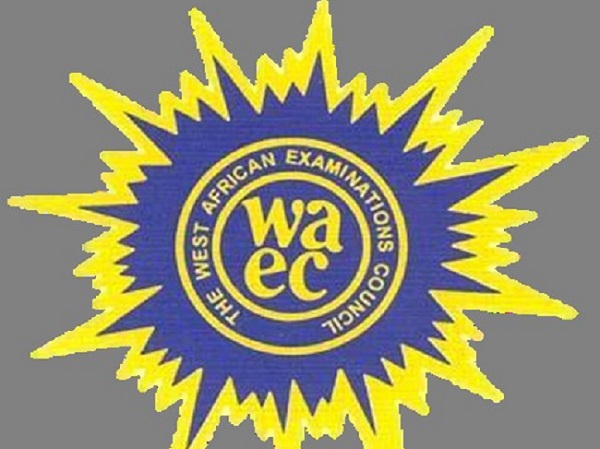The West African Examination Council Ghana (WAEC) says the integrity of the just-ended West African Senior School Certificate Examination (WASSCE) has not been compromised.
The 2020 WASSCE for the first batch of Free Senior High School (SHS) students was marred with a lot of controversies.
Some persons circulated the yet-to-be-written WASSCE papers on social media, with many alleging it was an attempt to ensure that the first batch of the policy passed the exams without difficulty.
Invigilators were also reportedly manhandled by some students who allegedly engaged in exam malpractice.
The exam body has been accused of overlooking what appears to be general leakage of examination questions but at a media engagement in Accra on Tuesday, September 8, 2020, the Head of National Office at WAEC, Wendy Addy Lamptey, indicated that all alleged leaked papers seen on social media were not genuine.
Madam Addy Lamptey assured that quality assurance systems had been put in place to protect the integrity of the exam.
“As widely reported by the media, there was alleged widespread leakage of questions on most of the social networks and as is usually the case, WAEC was taken to the cleaners. The truth, however, is that, for each paper, there were several versions on social media but these questions were not genuine. The reactions of some students after the Integrated Science paper, for instance, lend credence to this fact. In all the Council’s interactions with the media, we have consistently cautioned candidates against the operations of these rogue websites.”
She added: “When the purported leaked question paper turned out to be fake, an incredulous story was immediately hatched. To wit, that a new set of questions were immediately printed for the test. Such claims can only be made by persons who don’t know about the time and logistics needed to compile, typeset, print, pack and distribute question papers to various depots nationwide. Sadly, apart from circulating fake questions on social media, some rogue websites and WhatsApp groups also claimed to be able to alter results for candidates.”
WAEC denied either circulating questions on social media or altering results for candidates.
“On all these websites you would see the WAEC logo displayed. Currently, fake WASSCE (PC) Timetable(s) are being circulated on social media. Patronizing these websites and WhatsApp groups are not only throwing money away but also abetting in the crime”, she said.
How did these rogue websites operate?
Prior to dates set for the various papers to be written by candidates, some of these sites predicted questions and topics while others uploaded pictures of past questions.
Also, some managed to obtain snapshots of the actual question paper after the start of the examination, forwarded same to be worked out and solutions sent to candidates. This created the desperate need for some candidates to send their phones to the examination hall to receive solutions.
This led to quite a number of mobile phone related cases of malpractice during the examination.
Other candidates used their visits to the washroom to pick up photocopied solutions which had been earlier deposited there on purpose.
“Digital dishonesty has become a threat to all examination boards globally,” Madam Lamptey lamented.
Some countries such as Algeria, Ethiopia and Iraq have taken the extreme decision to shut down the internet during examinations as a drastic measure to curb examination fraud.
On calls for swift investigation, Madam Lamptey noted that the Council has engaged the National Security to help tackle the problem.

